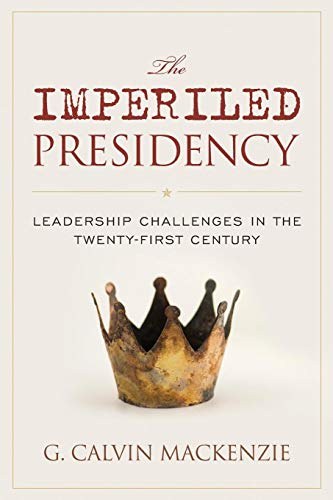The Legacy of King Peter Serbia: A Deep Dive into His Reign and Impact on Serbian History
Guide or Summary:King Peter Serbia was also a staunch advocate for Serbian nationalism. He believed in the unification of all Serbs, which resonated deeply……
Guide or Summary:
#### Description:
The history of Serbia is rich with influential figures, but few have left as profound a mark as King Peter Serbia. His reign, characterized by both triumph and turmoil, provides a fascinating glimpse into the evolution of the Serbian state and its national identity. In this article, we will explore the life, achievements, and lasting legacy of King Peter Serbia, shedding light on his contributions to the country and the broader Balkan region.

Born on December 29, 1844, King Peter Serbia was a member of the Karađorđević dynasty, which played a pivotal role in Serbian history. His early life was marked by the political upheaval of the time, as Serbia sought to assert its autonomy from the Ottoman Empire. After a series of political maneuvers and a brief exile, Peter ascended to the throne in 1903, following a coup that resulted in the assassination of the previous king, Alexander Obrenović. This marked the beginning of a new chapter in Serbian history, one that would see the country navigate the complexities of nationalism, war, and regional politics.
One of the most significant aspects of King Peter Serbia's reign was his commitment to modernizing the Serbian state. He recognized the need for reform in various sectors, including the military, education, and infrastructure. Under his leadership, Serbia underwent a transformation that would lay the groundwork for its future as a modern European nation. He championed the establishment of a parliamentary democracy, which allowed for greater political participation among the Serbian populace. This was a remarkable shift in a region often characterized by autocratic rule.
King Peter Serbia was also a staunch advocate for Serbian nationalism. He believed in the unification of all Serbs, which resonated deeply with the population. This vision would later play a crucial role in the events leading up to World War I, as tensions in the Balkans escalated. The assassination of Archduke Franz Ferdinand in 1914, which was partly fueled by nationalist sentiments, can be traced back to the ideologies that King Peter Serbia promoted during his reign.
The impact of King Peter Serbia extended beyond politics. He was a patron of the arts and education, understanding that a nation's culture is integral to its identity. Under his rule, there was a flourishing of Serbian literature, music, and visual arts. He supported the establishment of cultural institutions, which helped to foster a sense of national pride and unity among the Serbian people.
However, King Peter Serbia's reign was not without challenges. The Balkan Wars and the onset of World War I tested his leadership and the resilience of the Serbian state. Despite the hardships, he remained a symbol of hope and perseverance for his people. His dedication to the Serbian cause earned him respect and loyalty, and he became a beloved figure in Serbian history.
After the war, Serbia emerged as a significant player in the newly formed Kingdom of Serbs, Croats, and Slovenes, which later became Yugoslavia. King Peter Serbia's vision of a unified South Slavic state was realized, albeit with many complexities that would unfold in the decades to come.
In conclusion, the legacy of King Peter Serbia is a testament to his enduring influence on Serbian identity and statehood. His commitment to modernization, nationalism, and cultural development has left an indelible mark on the history of Serbia. As we reflect on his reign, it is essential to recognize the complexities of his leadership and the historical context in which he operated. Understanding King Peter Serbia is not just about examining a historical figure; it is about appreciating the intricate tapestry of Serbian history and the forces that have shaped its journey through time.
